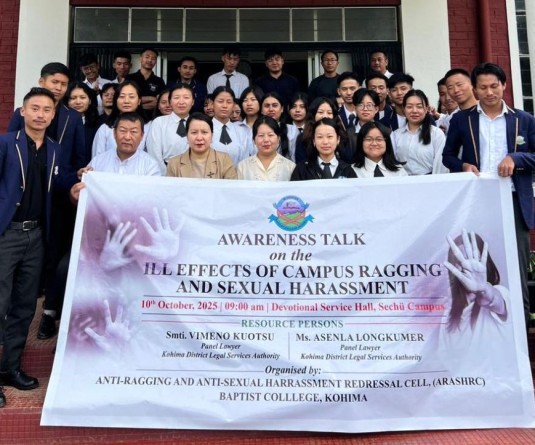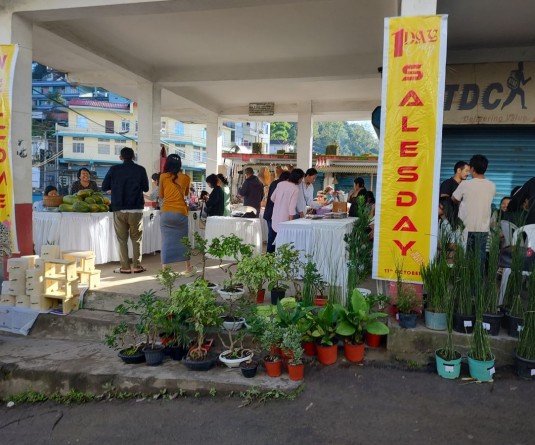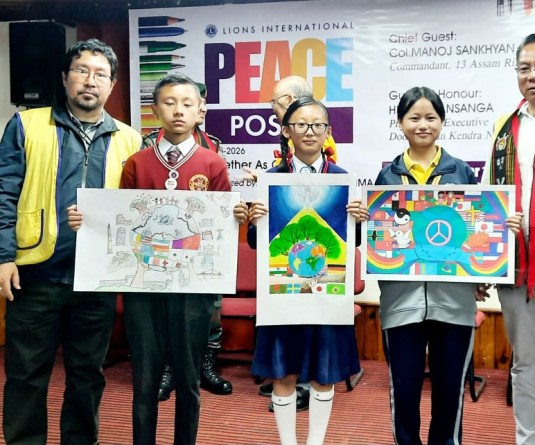
Kohima, November 30 (MExN): The Nagaland Department of Health & Family Welfare on Tuesday appealed citizens to practice universal use of masks especially in social, religious, or other official gatherings, as a measure to reduce transmission of COVID-19 in the community and avoid super spreader events or uncontrolled transmission.
“As we celebrate the Hornbill Festival, let us ensure to keep our community safe and protected,” it said in a press release, urging citizens to adhere to all COVID appropriate behaviours. “Wear mask at all time as you go outdoors, wash your hands frequently or carry hand sanitizers and avoid over crowed spaces. Do take all recommended doses of the COVID-19 vaccine for optimum level of protection,” it reiterated.
In the release, the department informed that the World Health organization (WHO) has already identified the highly transmissible variant of concern, Omicron. As per ICMR, Omicron is possibly already in India and it may be a matter of time before it is detected, it underscored.
According to the health department, the Omicron variant was reported at a remarkable speed. Earliest cases so far were detected on November 9 and reported to WHO on November 24, 2021.
“This variant has a large number of mutations, some of which are concerning. Preliminary evidence suggests there may be an increased risk of re-infection with this variant, as compared to other Variant of Concerns (VOCs),” it said.
Shedding more light on the new variant, it said that most diagnostic tests continue to work and can detect the Omicron variant. “Several labs have indicated that for one widely used PCR test, one of the three target genes is not detected (this is called S gene dropout or S gene target failure). This is similar to what we saw with the Alpha variant. So, we can use this PCR test to rapidly identify the likely presence of the new variant, and help us prioritize which samples need to be sent for genome sequencing, in order to confirm the new variant,” it added.
Citing the WHO, the health department stated that it is important to get vaccinated for the protection that they provide against the widely circulating variants while adding that researchers are looking into potential impact on vaccines and other tools.
Further, it noted that the most important thing people can do is reduce their risk of exposure to the virus by following simple precautionary measures including getting vaccinated, wearing masks, maintaining social distancing, avoiding poorly ventilated or crowded spaces, keeping hands clean and coughing or sneezing into the elbow.
“The more COVID-19 circulates the more opportunities the virus has to change, the more mutations we will see. It is essential that we all continue to work to reduce the circulation of COVID-19,” it added.






